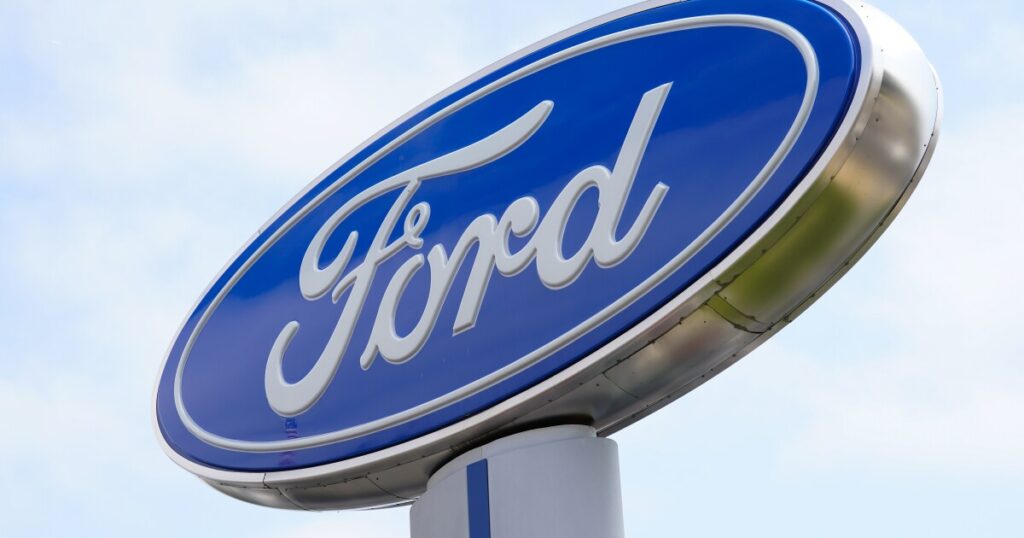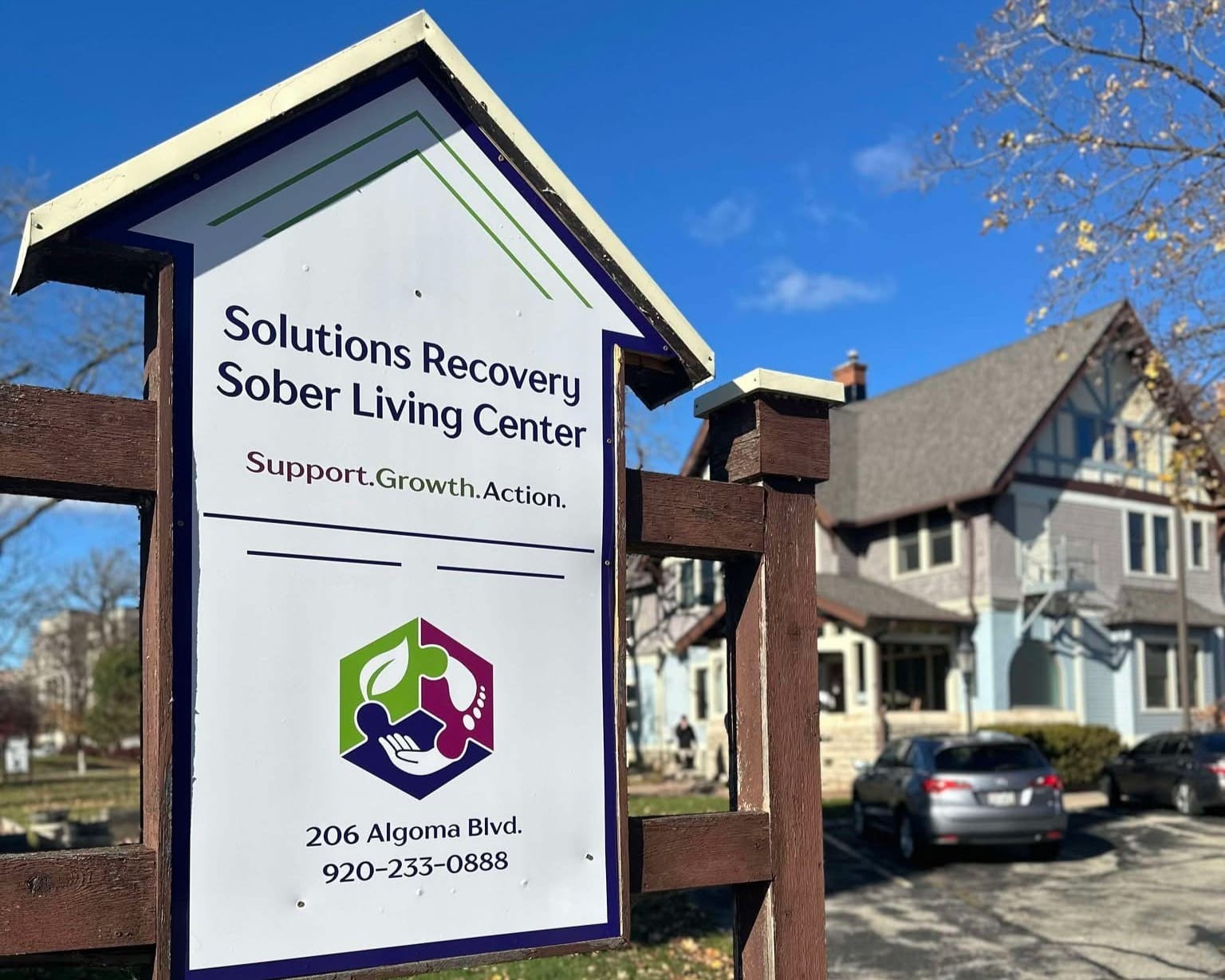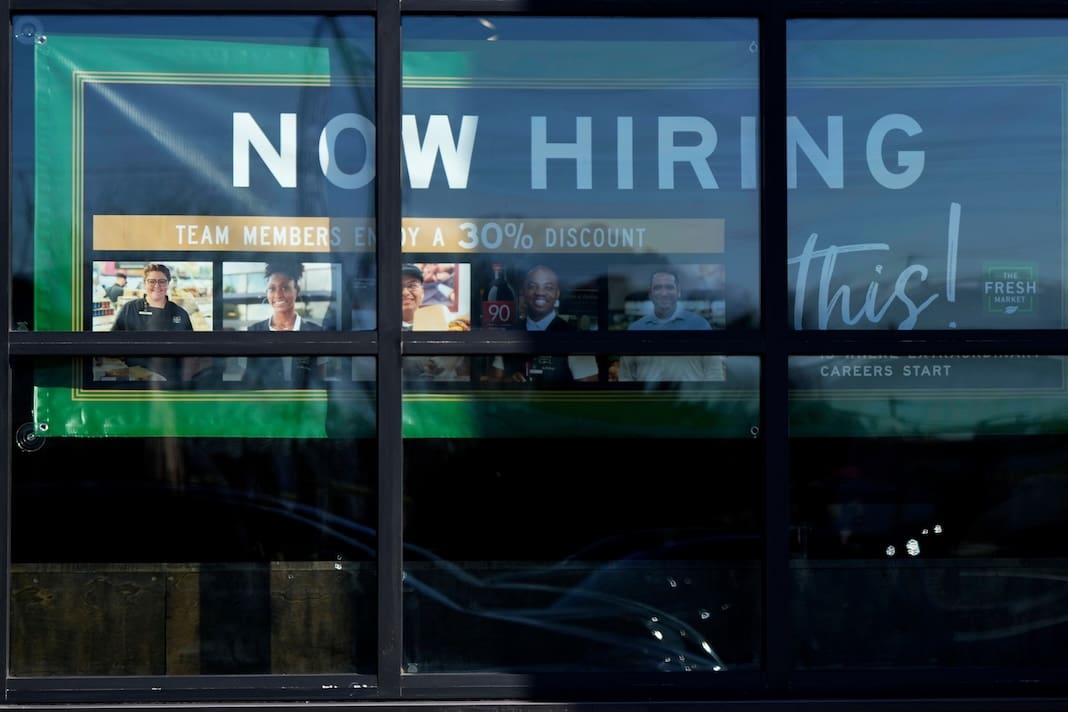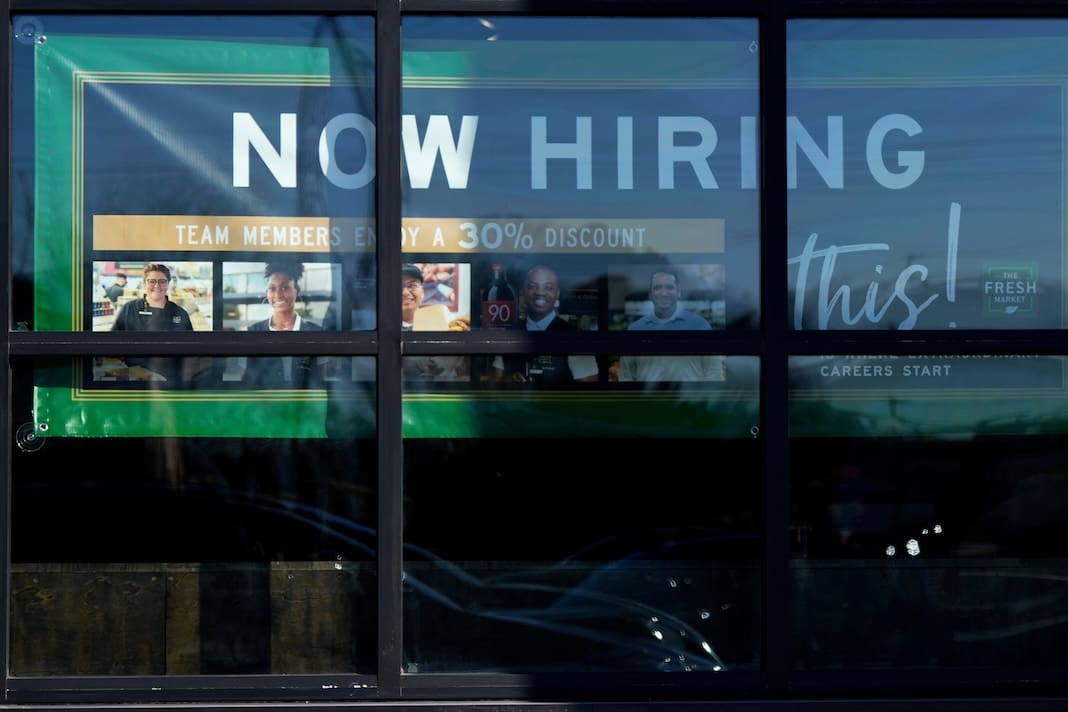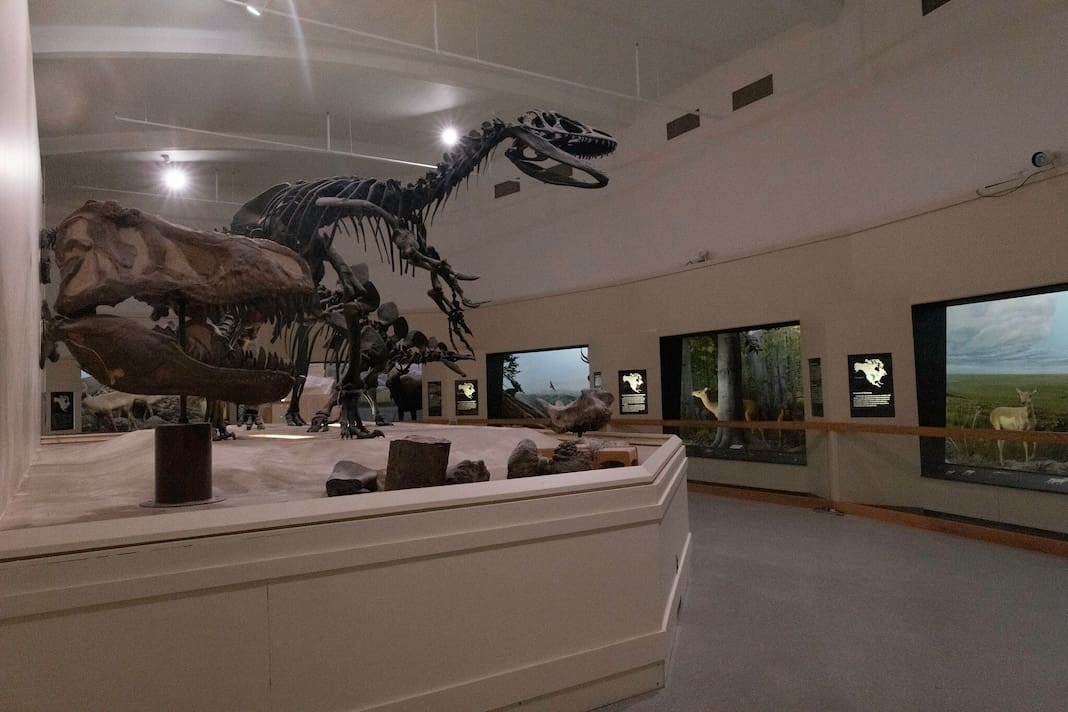Ford’s Innovative Approach to Future Careers in Michigan’s Automotive Industry
A groundbreaking initiative by Ford Motor Company and its partners is set to transform the career landscape for Michigan’s K-12 students. The Ford Future Builders Labs aim to introduce over 7,300 students to promising careers in the automotive and skilled trade sectors.
Mary Culler, president of Ford Philanthropy, highlighted the program’s potential to expand students’ skill sets beyond traditional classroom learning. “I think it just opens up their skill sets beyond sitting in a classroom and learning, being lectured to,” Culler explained. “Or this actually provides an exciting hands-on way for students to identify what makes them excited; what do they want to pursue?”
This initiative is a collaboration involving Ford Motor Company, Ford Philanthropy, and the Michigan Economic Development Corporation (MEDC). Together, they are investing approximately $1.54 million into this endeavor. This funding will not only support the labs but also provide essential services like transportation, as noted by Culler. “Because when you think about what kinds of barriers there are, there are a lot for some people, more so than others,” she said. “We’re a big believer that it’s not just about the funding, but also all the wraparound services that we can bring to the table to ensure someone’s successful.”
Chris Rishko, Director of Talent Solutions at the MEDC, described the labs as a strategic advantage for all involved. “Ford is going to get the talent that they need to expand,” Rishko stated. “The students are going to be able to have skills that are actually in demand — skill sets that are going to be needed now and into the future. And then Michigan as a whole continues to be at the leading edge of innovation.”
Students will experience customized programming according to their educational level. Younger students will explore “simple machines,” while older students will have access to advanced manufacturing equipment and dual enrollment courses, according to a press release from the MEDC.
The program addresses the impending retirement wave in Michigan’s workforce, often referred to as the “edge of a silver tsunami.” Culler emphasized the need for early exposure to career paths to sustain a robust workforce. “Right now, it’s important just because of the whole greater ecosystem, the population demographics and such, that we do this kind of investment now because if we wait, we’ll miss the bus.”
These educational labs are scheduled to be established by 2026, marking a significant step toward preparing the next generation for future industry demands.
—
Read More Michigan News

